Supplications – Dua for Healing in Islam
Supplications – Dua for Healing in Islam: A Guide to Powerful Islamic Invocations In Islamic faith, invocations hold a particularly important place when it comes to seeking healing and comfort for the sick. These sincere prayers are an expression of believers’ faith in the mercy and power of Allah, the Supreme Healer. This article explores […]
Shafi’i Madhab: History and Principles
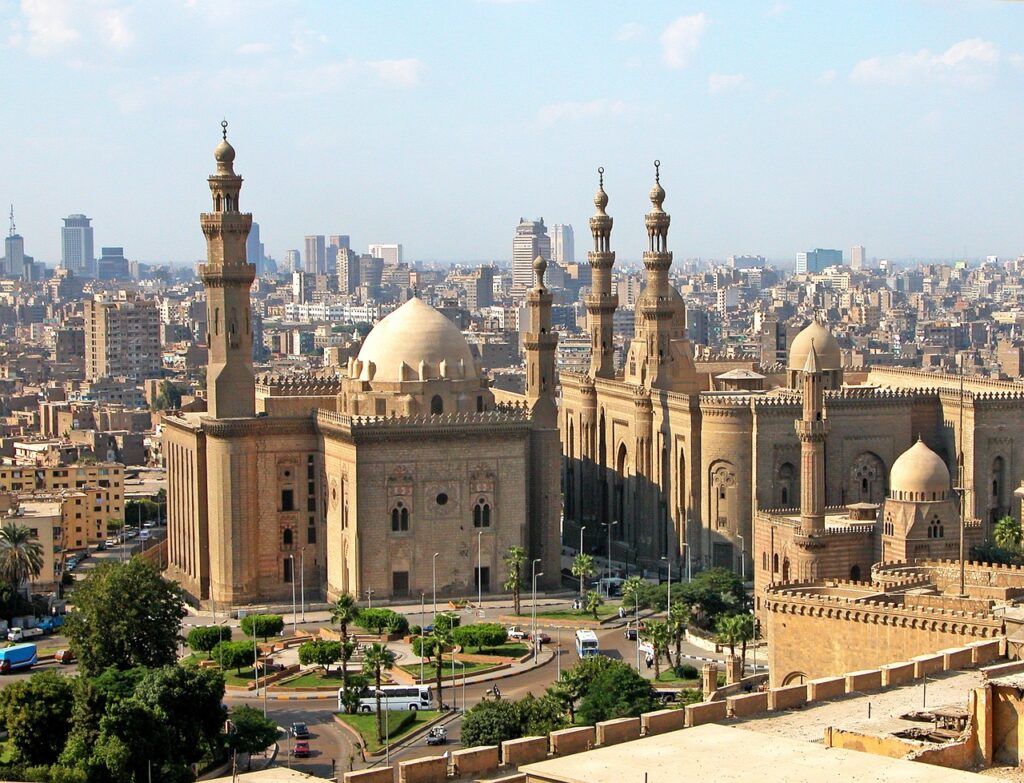
Shafi’i Madhab: History, Principles, and Contemporary Influence in Islamic Jurisprudence Introduction to the Shafi’i Madhab The Shafi’i Madhab, one of the four primary schools of Islamic jurisprudence, has guided Muslims for centuries with its profound scholarship and practical approach to Islamic rulings. Whether you’re a beginner or someone looking to deepen your knowledge, following this […]
Invocation – Dua for the Deceased Parents

Supplications – Dua for the Deceased Parents: An Islamic Act of Mercy and Gratitude In Islam, prayers for deceased parents are considered acts of mercy and gratitude towards those who have passed to the afterlife. It’s a means of expressing our thankfulness for all they have done for us, while seeking Allah’s forgiveness, mercy, and […]
Islamic Healing Dua – Invocation

Islamic Healing Dua – Invocation: Guide to Spiritual Well-being In Islam, seeking both physical and spiritual healing is a profound concern for believers. The teachings of Prophet Muhammad (peace and blessings be upon him) provide invaluable guidance for alleviating pain and invoking healing through Allah. This article delves into a specific invocation for healing, steering […]
Invocation – Dua for Exam Success in Islam

Invocation – Dua for Exam Success in Islam Invocation, or “du’a” in Arabic, is a foundational act of faith in Islam. It’s a direct channel for believers to communicate with Allah, the Almighty. Among the numerous supplications, the one for acing an exam holds significant value for Muslim students. This prayer, when voiced with unwavering […]
How to Study the Maliki School of Thought?
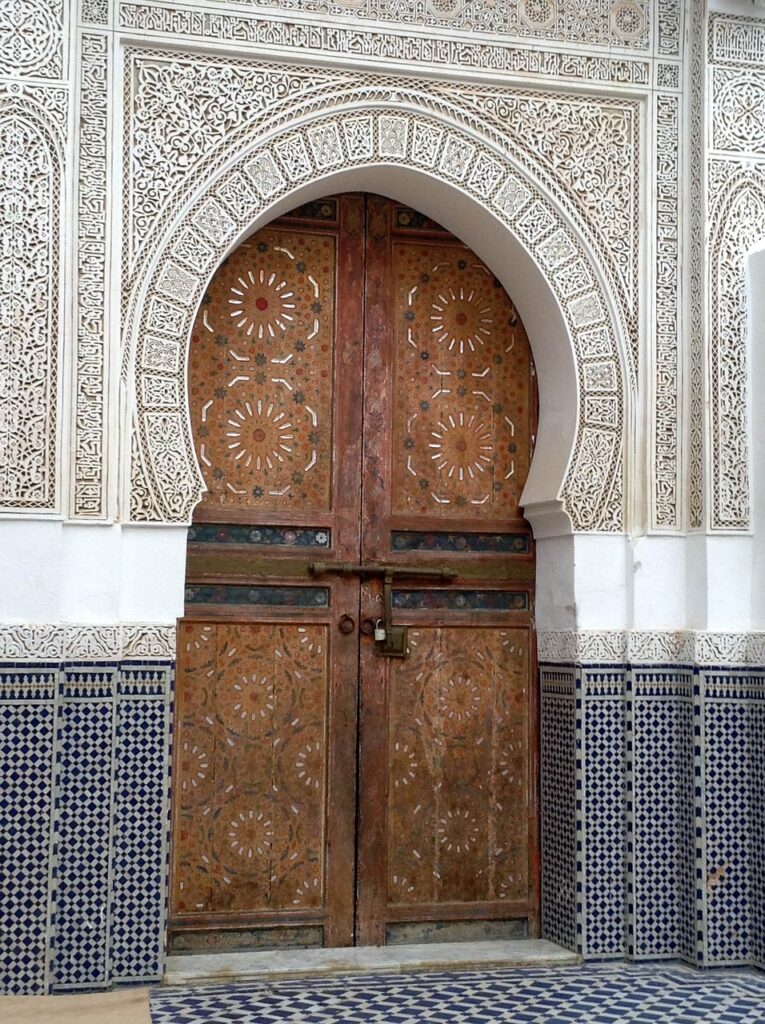
Exploring the Maliki School: Deep Insights into Islamic Jurisprudence Introduction Among the rich and diverse foundations of Islamic jurisprudence, the Maliki school stands out as one of the four main schools of thought. Each school provides a unique interpretation of Sharia, and in this article, we’ll delve into the history, principles, and influence of the […]
Prayers for Marriage: Seeking a Righteous Spouse in Islam

Prayers for Marriage: Seeking a Righteous Spouse in Islam The act of supplication, known as “du’a” in Arabic, is a foundational spiritual practice in Islam, providing believers with a direct channel of communication to Allah, the Almighty. When it comes to seeking a life partner and formulating a prayer for marriage, it carries significant importance. […]
Hanafi Madhab: Origins, Principles & Modern Impact in Islam
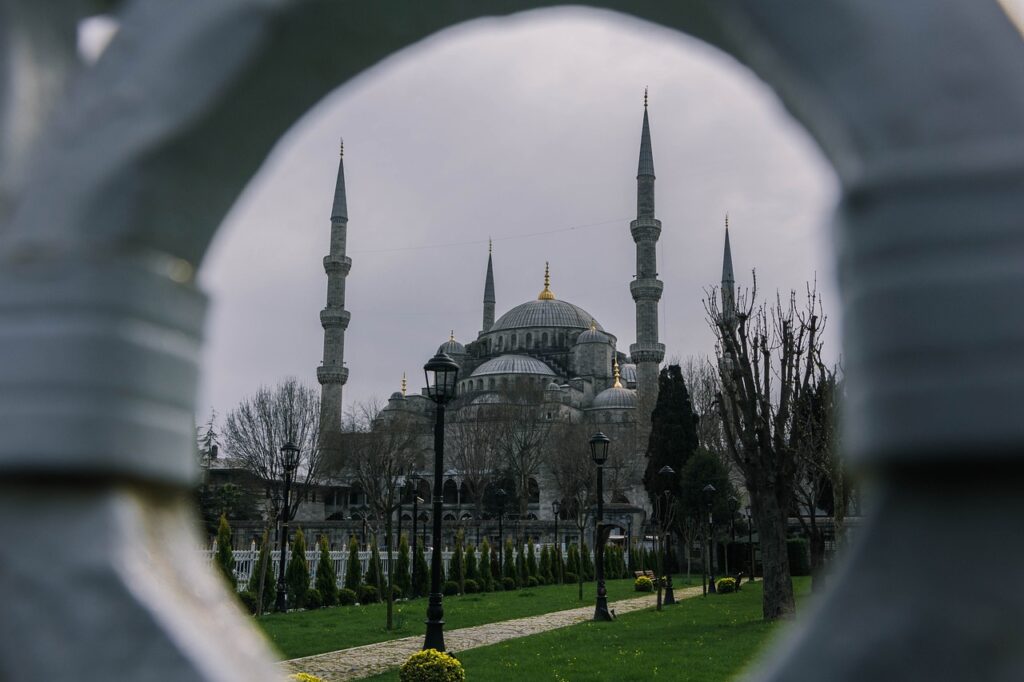
Hanafi Madhab: Origins, Principles & Modern Impact The Hanafi madhab stands as one of the four primary Sunni schools of Islamic jurisprudence, leaving an indelible mark on the intellectual and spiritual landscape of the Muslim world. In this piece, we delve deep into this school, tracing its roots to its modern-day relevance. The Emergence of […]
Invocation – Dua for the Deceased in Islam
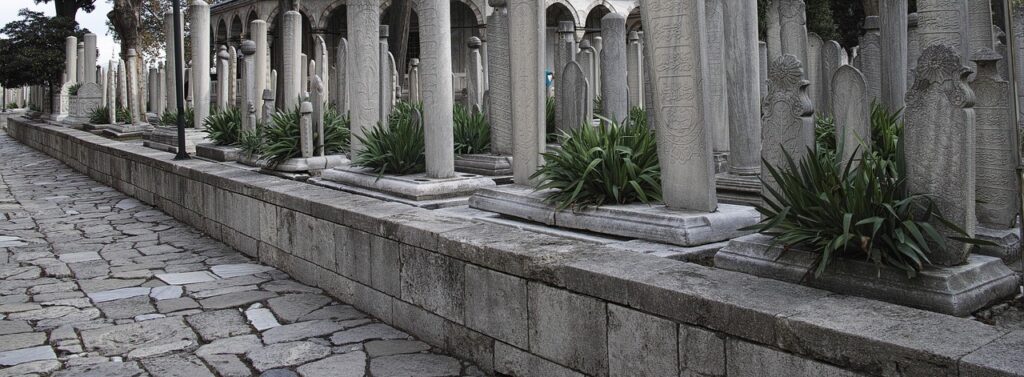
Invocation – Dua for the Deceased in Islam In Islam, the invocation, or “du’a” in Arabic, is a cherished act of communication between believers and Allah, the Almighty. One pivotal moment to make such invocations is upon the passing of a loved one. The prayer for the deceased is laden with mercy and blessings, aiming […]
Madhab: Understanding Sunni Islam’s Jurisprudence Schools
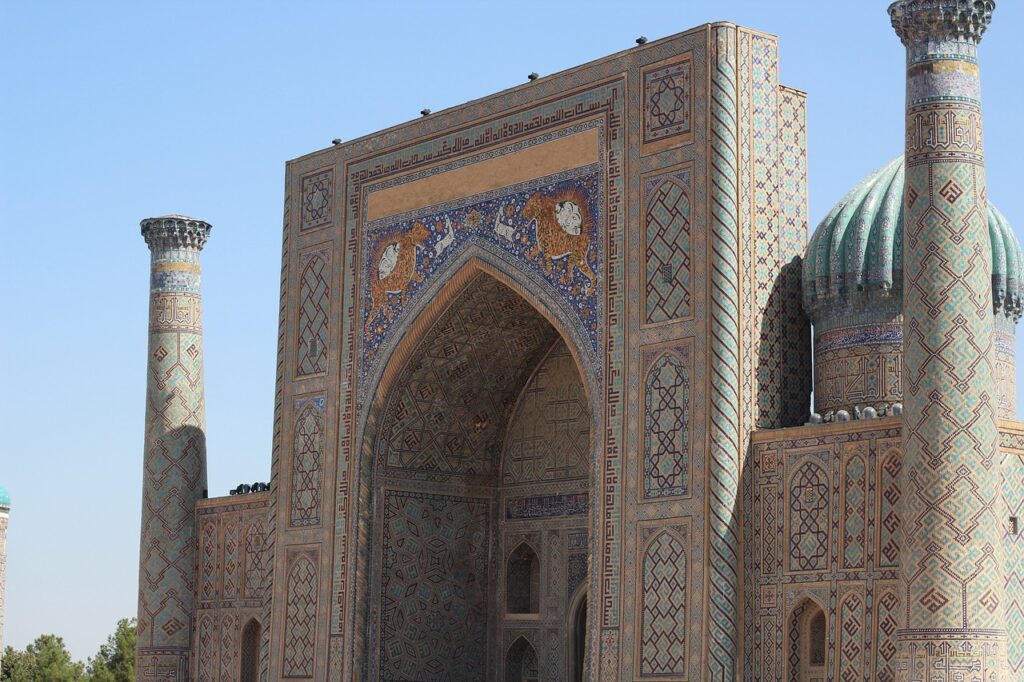
Understanding Madhab: A Deep Dive into Sunni Islamic Jurisprudence Schools Sunnism, one of the main branches of Islam, has, over time, developed schools of thought or madhabs. These are essentially legal and theological interpretations of sacred texts, crafted by distinguished Islamic scholars. In this article, we’ll delve into the different legal schools of Sunnism, emphasizing […]

